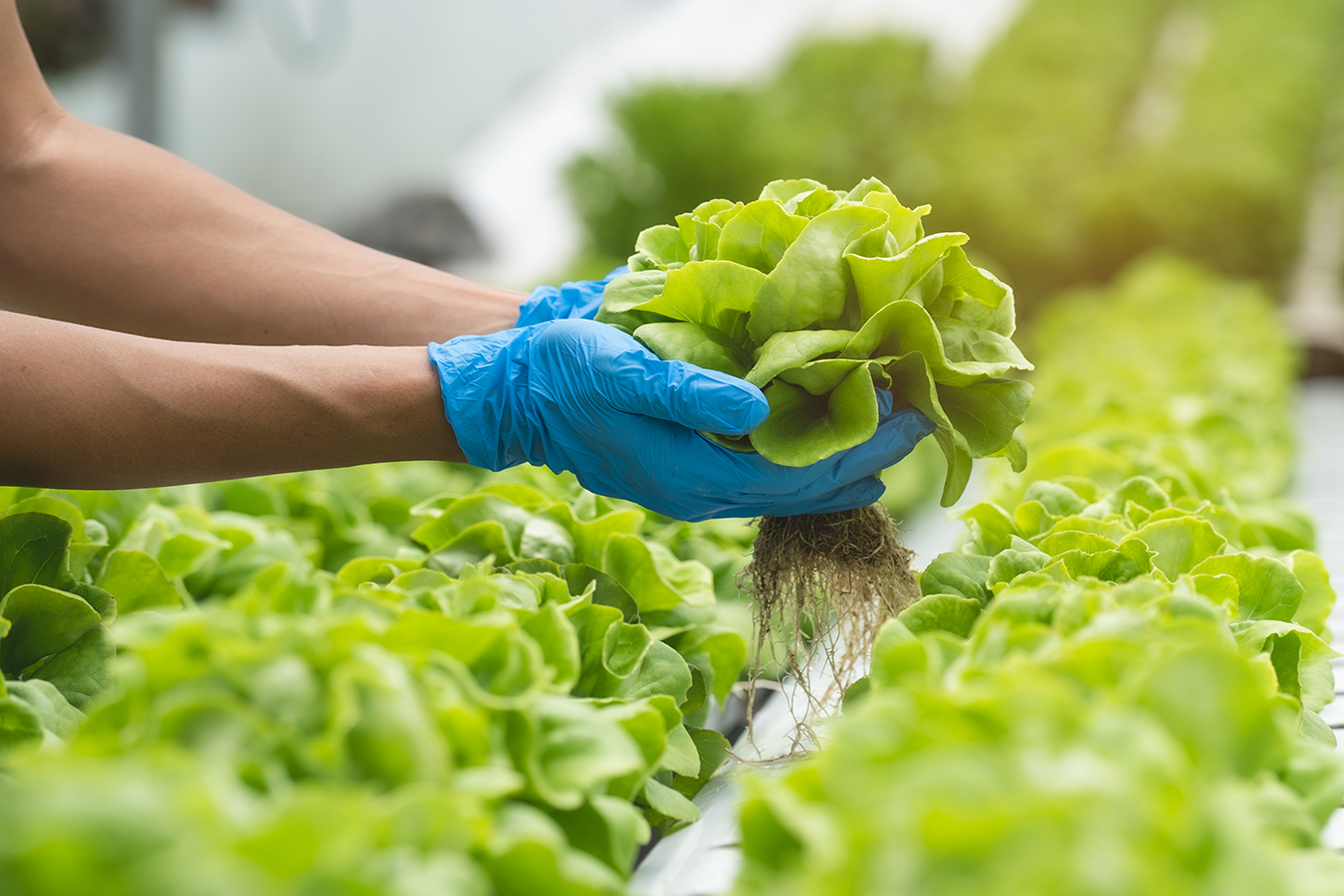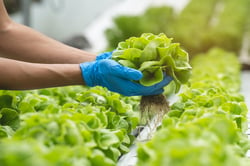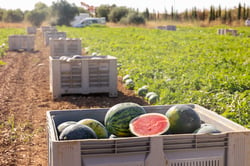
There have been many industry announcements and messages swirling around since the announcement of Section 204 of the Food Safety Modernization Act (FMSA). Here at Procurant, we want to ensure you have the information you need to succeed.
FSMA was signed into law in 2011. Section 204,  the Food Traceability Rule, was drafted to identify the foods for which additional traceability records are required to protect public health. It is called the “final rule,” because the FDA started working on a draft list in 2014 and published the final Food Traceability List (FTL) on November 15, 2022. The objective of section 204 of FSMA is to reduce foodborne illnesses and deaths by expediting the identification and requiring removal of potentially contaminated food from the market.
the Food Traceability Rule, was drafted to identify the foods for which additional traceability records are required to protect public health. It is called the “final rule,” because the FDA started working on a draft list in 2014 and published the final Food Traceability List (FTL) on November 15, 2022. The objective of section 204 of FSMA is to reduce foodborne illnesses and deaths by expediting the identification and requiring removal of potentially contaminated food from the market.
Section 204 of FSMA establishes additional traceability recordkeeping requirements for commercial farms, packing operations and food processing facilities. While all foods are required to be traceable, certain high-risk foods must adhere to a higher standard. This higher standard dictates that specific information about the food, known as Key Data Elements (KDEs), must be recorded as the food travels through the supply chain. KDEs records must be retrieved within 24 hours if there is a request by the FDA or another regulatory authority. Exemptions include home gardeners, food preservers and direct-to-consumer sales at restaurants, retail food establishments and farmers’ markets.
The Bio-Terrorism Act of 2002 states that  companies must be able to track the source of each food they handle and the destination of each food they handle. Section 204 further states that certain foods adhere to the additional reporting and quick retrieval parameters. For the complete list, click here.
companies must be able to track the source of each food they handle and the destination of each food they handle. Section 204 further states that certain foods adhere to the additional reporting and quick retrieval parameters. For the complete list, click here.
For some companies, accuracy and proper identification of various food items at their inception with a label will be necessary. This provides a base of information for companies further down in the supply chain.
Sending accurate data on each shipment will be the biggest challenge for some. These new requirements mean additional data must be sent to your customers or trading partners on each shipment. This means that in addition to standard documents such as a Bill of Lading, a traceable KDE will need to be sent with each item, even if there are multiple lots for each one.
be the biggest challenge for some. These new requirements mean additional data must be sent to your customers or trading partners on each shipment. This means that in addition to standard documents such as a Bill of Lading, a traceable KDE will need to be sent with each item, even if there are multiple lots for each one.
The challenge for others will be implementing a method to receive and store traceability data. For example, when a product is received, the additional data transmitted from the vendor must be obtained and permanently associated with the items received.
Some or all, of these challenges, may apply to your organization. But where do you start? Do you have the proper tools? The proper staffing? Are the appropriate processes in place or the right technology?
The answer to this question will partially  depend on the type of company you are and at what point in the fresh food supply chain does your organization participate.
depend on the type of company you are and at what point in the fresh food supply chain does your organization participate.
Start by asking the following questions:
If the answer is yes to either of these questions, go a bit deeper:
Each of the above questions will impact your internal processes and may need some modifications to your workflows or technology.
Per the legislation, the deadline is January 20, 2026. This means you’ll have three years to enact these regulations across your company's locations.
There are many resources across the industry to help companies prepare for FSMA Rule 204 compliance. A good starting point would be a trade association such as the International Fresh Produce Association. Here at Procurant, we can also offer help with an assessment of your current operations and recommendations for ways to prepare.
If you have more questions, head over to our FAQ page.
Stay tuned for much more on this topic, and if you have any questions in the meantime, feel free to reach out to us at info@procurant.com.
These Stories on Food Safety
Procurant USA LLC
475 Alberto Way - Suite 230
Los Gatos, CA 95032
1-669-221-1026
info@procurant.com
